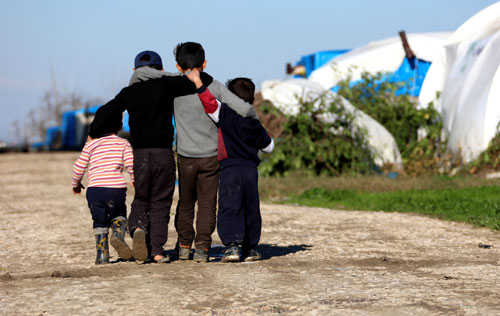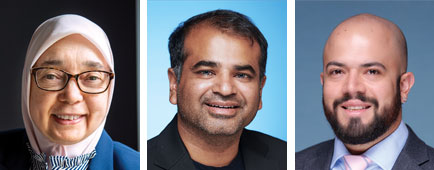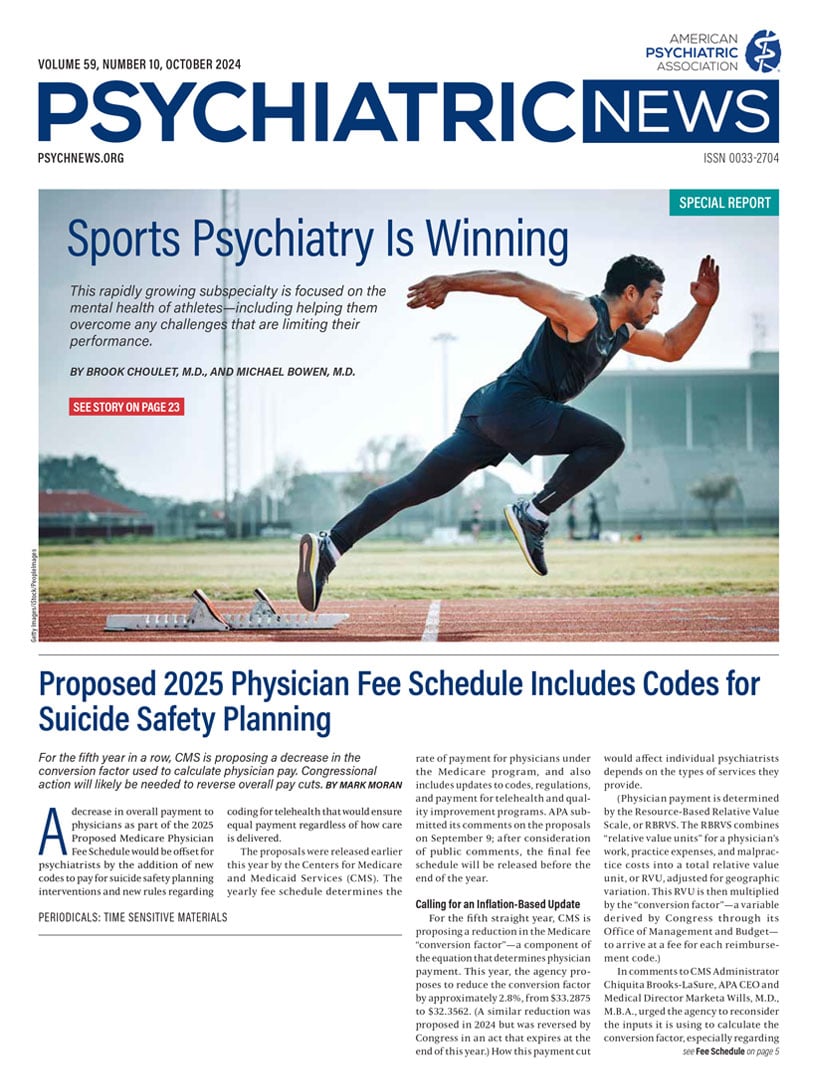By the end of 2022, 108.4 million people were forcibly displaced worldwide as a result of persecution, conflict, or violence, and 35.3 million of these people ended up as refugees. An alarming percentage of migrant youth experience perimigration trauma—which occurs between displacement and resettlement—along the way to the United States. Many arrive scared and isolated, face bullying and discrimination, and desperately need mental health care. They may experience violence, food insecurity, physical injury, traumatic loss, and disruption to their education during the perimigration period.
During the migration phase, they may be separated from their caregivers or placed in detention or refugee camps, where on average they will remain for 17 years. They also face numerous dangers during their journey. Dehydration, hunger, and exhaustion will cause some to drown at sea. Some will be kidnapped, tortured, sexually assaulted, physically injured, or even killed.
On arrival in their host country, many will confront the loss of the social support ordinarily provided by friends and family, and the security of a familiar home, culture, and language. They may be harassed and discriminated against, lack financial means, and struggle to find stable housing or employment, leaving them feeling unwanted and unwelcome. Communication and cultural barriers may limit their ability to access academic support and further endanger any chance of academic success or educational attainment. Add to that a novel and complex health care system, with variable and uncertain access.
Unsurprisingly, migrant children are at high risk for depression, anxiety, PTSD, and other mental health conditions, with girls and young women most severely affected. Yet, mental health and care are not typically considered priorities, likely overshadowed by survival instincts in new and unfamiliar environments. Additionally, seeing peers experience similar problems may make the situation appear “normal” and not worthy of further attention. Mental health conditions and their treatment may carry stigma in other countries, and migrants may fear being called “crazy.” Conversely, the manifestation of mental illness may take the form of physical symptoms.
These factors, alongside communication barriers, limited awareness of mental health conditions or the health care system, and even health professionals’ ignorance may decrease the likelihood that migrants will get their mental health needs met. Clinicians may be unfamiliar with cultural differences and/or the challenges associated with the migration experience. Resettlement agencies and their personnel may lack cultural awareness and linguistic bridging for children and families. Because of the lack of trained interpreters and translators, parents may look to their children to translate, a practice known as language brokering, which has its own drawbacks.
While refugee children and adolescents are often known to be resilient despite their histories of trauma, when treating traumatized young people in a clinical setting, trauma-focused CBT has been found to be helpful. School-based interventions are useful in engaging children and may make the treatment less stigmatizing. Building trust with the family is likely to facilitate acceptance of treatment recommendations, while focusing on mental health services that are congruent with the family’s values is also more likely to prove efficacious.
For example, some migrant families may identify their children’s academic needs as a priority. They may be more comfortable recognizing that addressing children’s mental health needs will support academic achievement. Migrants may also benefit from help with the acculturation process through education on aspects of resettlement and community social supports.
Additionally, studies show that receiving treatment at an ethnicity-specific, culturally competent program is more important to treatment outcome than a provider of the same ethnicity in a non-ethnicity-specific program. Some migrants may prefer alternative traditions of care and healing for their mental health problems, such as through religious interventions. Culturally competent, gender-sensitive, and religiously aware services in collaboration with community resources may help limit adverse health outcomes. Increased education, training, and awareness of the mental health needs of migrant children among mental health professionals will have a positive impact. ■


